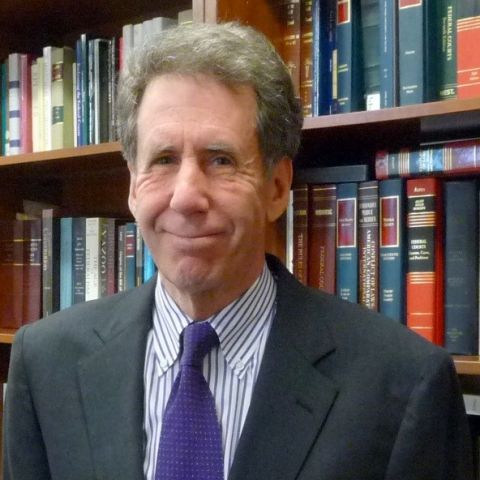

Current dissatisfaction with the civil jury is often coupled with fatalism as to the judicial system's ability to do anything about it. Yet the whimsical nature of jury verdicts is to a large extent a wound that the judiciary has inflicted upon itself and litigants. Viewing the jury in terms of traditional federal courts scholarship-as an alternative decisionmaker to the Article III judge-shows both the long and consistent history of extensive judicial involvement in jury decisionmaking from the early Republic up through the Lochner era, and the later movement of the New Deal Court effectively to abandon it.
Contrary to the belief of scholars and jurists, the Seventh Amendment should not present an obstacle to enhanced judicial control of juries, such as those in which the Court once engaged. While the Amendment will obviously present limitations on certain kinds of reform, the greater obstacle may prove to be a judicial unwillingness to engage in the difficult task of immersion into and elaboration of the facts and law of quotidian cases. To be sure, deference to other decisional institutions may enhance legitimacy, as when the courts defer to legislative judgments as to the rationality of economic legislation. But excessive deference to juries may undermine legitimacy by delegating the primary judicial responsibility of assuring the quality of justice.